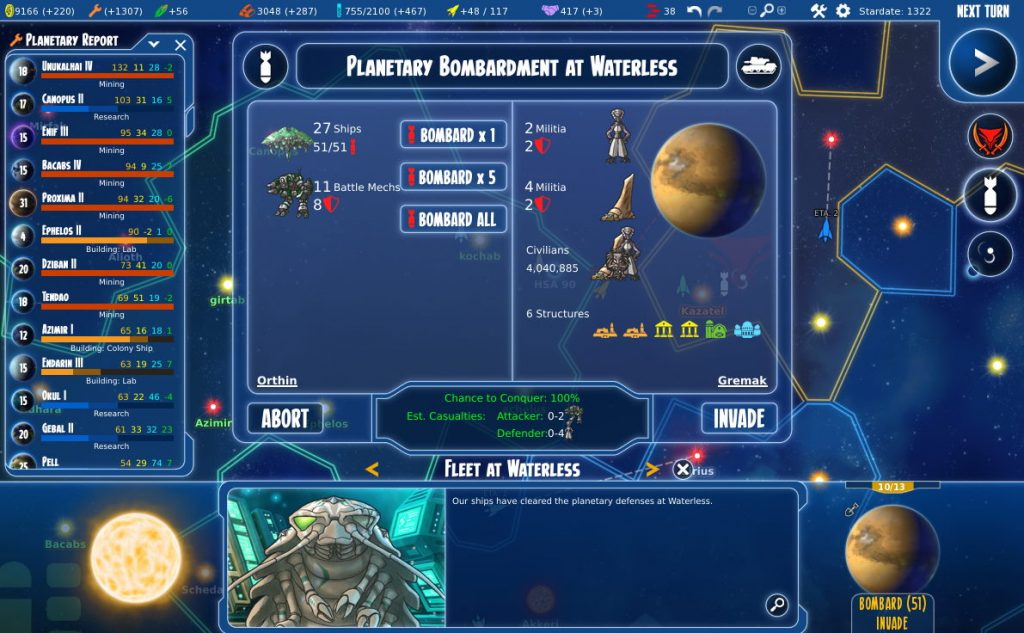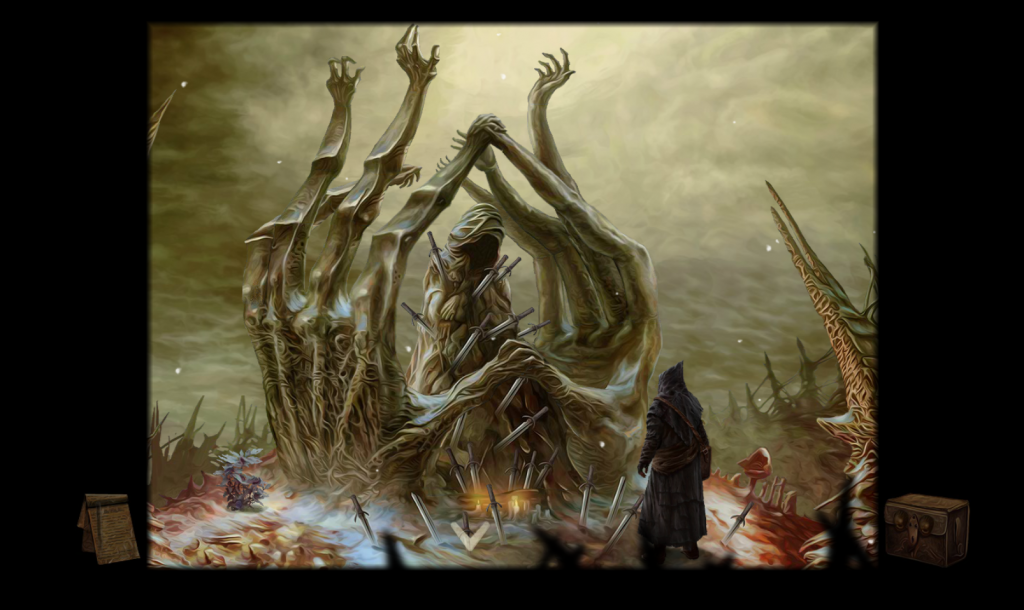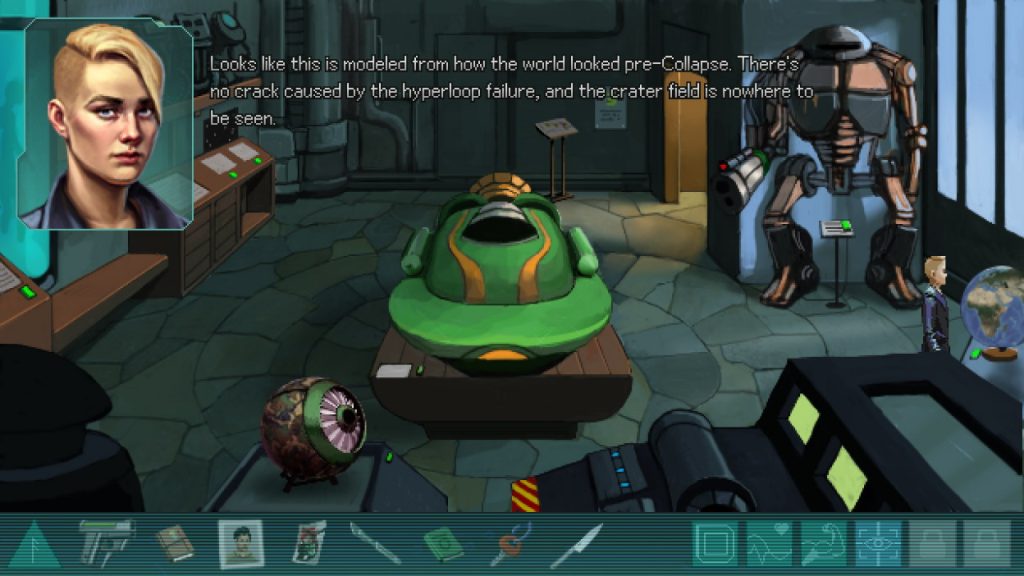Well, I’ve finally been out of graduate school long enough that I can read stuff related to my former scholarly interests again.
The first book I’m covering is Branko Milanovic’s Capitalism, Alone: The Future of the System That Rules the World. Milanovic is a Serbian-American economist who kind of deals with similar global income inequality stuff as Thomas Piketty. I don’t know enough about him to definitely say what his politics are except that from this book I feel he’s a “reform capitalism with redistribution” type.
Anyway, the book is mostly about present-day capitalism, but it necessarily covers two older kinds first in its survey: the classic robber baron kind of 19th century capitalism and the post-war kind where the bosses and the unions made a pact to play nice for a bit. Of course, he then covers the breakdown of that unwritten agreement with the rise of massive inequality and the hollowing out of the state, which he calls liberal capitalism, though which many others simply call neoliberalism. This is of course the mode of Western capitalism today, but he contrasts that with what he calls state capitalism, which is of the type exemplified by China, where captains of industry are given some leeway so long as they never challenge the primacy of the state.
Anyway, I live in Canada and am already familiar with how our kind of capitalism is fucking everyone over, so I didn’t find anything revelatory in the discussion of the Western economic system. I suppose it’s somewhat novel that Milanovic discovered the term “assortative mating” from biology – it refers to a type of mating pattern where individuals tend to mate and reproduce with those who are similar to them more than otherwise. He brings this up to contrast the old capitalisms with the present kind. Specifically, he provides charts and stats showing that assortative mating was more common among high-income individuals in the past than now (he doesn’t mention what this actually looked like but I assume it’s bosses marrying their secretaries and such). This compares to today, where the university-educated tend to marry each other and where lawyers marry CEOs. Milanovic also brings up that while wealthy individuals in the past were mostly people who didn’t work (i.e., the owners of capital), today many of who we would point to as wealthy might only make money through work (see certain software engineers, management consultants, etc).
But what of state capitalism as developed by and exemplified in China? This part is what I found the most interesting since I never knew much beyond the broad strokes of how exactly the Deng Xiaoping reforms turned the China of the Cultural Revolution into the China of Alibaba and Tencent. The main thing is that economic growth became the guiding principle of the state. Local Communist party groups (and by that I mean extremely local) were allowed to implement practically any policy they wanted, and so long as it succeeded in driving growth then it was given the green light for other regions (and if it failed then the sponsors would be sacked). In theory the sponsors would need to make a case for the policy changes not conflicting with socialist ideology, but in practice the sponsors could just make up some bullshit and it would be accepted so long as it sounded vaguely like socialism, so long as it actually got results. Milanovic points out that China after market reforms somewhat resembles China before the Communist Party, with the very large exception that landlords have been greatly curtailed in the countryside.
Now, Milanovic makes clear that the capitalism of China is similar to ours in that there’s also shocking inequality. There are billionaires and there are oppressed workers, same as here. In fact, the National People’s Congress is the richest parliament in the world, with a combined net worth of $700 billion from all members in 2018. The main difference between their capitalism and ours is that theirs is more nationalist. The wealthy elites are not automatically hostile to the government and do not think of themselves as being separate – in fact, they consider themselves as being participants in the project of China (which may sound a tad megalomaniacal but vaguely resembles France in the 70s). The state is supreme and corporations and capitalists are allowed some leeway so long as they never forget that fact. Of course, when so much money is involved and when the regulators collude so closely with the regulated, corruption and abuse of workers naturally springs up. This is why the Chinese government regularly and publicly punishes various officials for corruption. It’s not a show, exactly, as real punishments are doled out (up to even executions), but one big reason for the punishment is showing the masses that the top 1% are keeping in check the 2-5%. Since the government is institutionally incapable of systematically preventing this kind of thing from cropping up, then it must make regular public demonstrations instead.
But I think the biggest thing Milanovic says, and the most controversial, is his argument that the biggest contribution that communism has provided to the world is providing the development to former colonies that their colonizers were unable to do, allowing the Third World communist countries to build themselves up so that they could effectively join the capitalist system as China and Vietnam have done. In effect, he argues that communism is a transition state to capitalism. It’s an interesting thought, though I would argue that colonizers weren’t incapable of developing their colonies but were uninterested in doing so, as the whole point of them was to transfer the resources of the colonial periphery to the metropole. Postcolonial states didn’t necessarily need to be communist to develop, they just needed to break out of sending their resources elsewhere and instead invest them at home, but seeing as how the leaders of non-communist postcolonial states tended to have strong ties to their imperial masters then we can say that it was probably better to go communist than not if you were in the Third World. And Milanovic points out that, Cold War 2.0 rhetoric aside, it’s a good thing that China is loaning development funds to African countries even if there are strings attached, since it’s not like anyone else is offering them any funds.
I do have to say that there are a bunch of things Milanovic wasn’t good on, especially when he tried his hand at sociology or literary theory. One thing that stood out for me was that he took it for granted that the populations of Western countries would inevitably be hostile to too much immigration, which despite being economically and demographically necessary is too much for domestic populations to accept culturally. The solution he proposes is to create tiers of citizenship, which sounds to me like existing systems of guest workers and temporary residents but perhaps he envisions more levels of participation and obligation.
The biggest thing that I disagree with Milanovic on is something that he implies by never mentioning it: he accepts that there is no alternative and that capitalism is our only option. I increasingly feel that anyone today who writes of capitalist development as an unqualified good without mentioning the hard limits our environment imposes on us – the negative externalities, in the language of economics – is doing us all a disservice. But perhaps that is a story for another day. As it stands, I feel Capitalism Alone was kind of an okay book to get back to reading stuff with lots of academic verbiage and statistics and shit, but I don’t think it was a banger. 7 out of 10, if I were to give it a rating.


